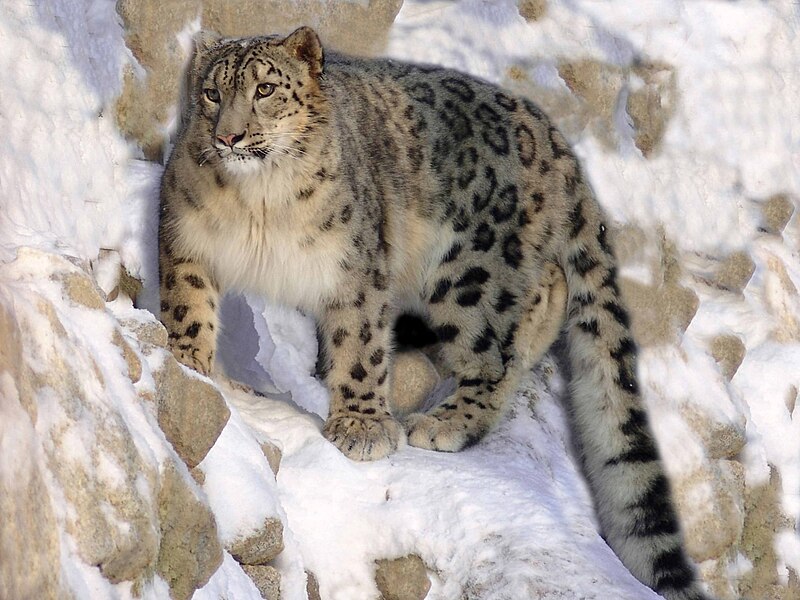Senior officials from across Central Asia gathered on November 23 in Samarkand for a high-level ministerial meeting on “Central Asia’s Commitment to Snow Leopard and Mountain Landscape Resilience: From Policy to Practice — Monitoring, Funding, and Action for Regulated Wildlife Trade.”
The event took place ahead of the 20th meeting of the Conference of the Parties to the Convention on International Trade in Endangered Species of Wild Fauna and Flora (CITES CoP20), held in Samarkand from 24 November to 5 December.
The event highlighted Central Asia’s growing leadership in biodiversity conservation and climate-resilient development in line with global commitments, UNDP Uzbekistan reported.
“Our meeting today takes place at a truly critical moment, when the Central Asia region is facing escalating challenges from the triple planetary crisis, and it is especially important now to strengthen partnerships and develop joint approaches. It is important to remember that environmental challenges do not recognize national borders. UN institutions continue to play a crucial role in strengthening regional environmental cooperation in Central Asia, implementing a range of initiatives aimed at enhancing ecological resilience,” said Aziz Abdukhakimov, Advisor to the President of Uzbekistan on the Environment and Chairman of the National Committee on Ecology and Climate Change.
Hosted by the National Committee on Ecology and Climate Change of Uzbekistan, in partnership with the United Nations Development Programme (UNDP), the meeting brought together senior officials from Kazakhstan, Kyrgyzstan, Tajikistan, Turkmenistan, and Uzbekistan, along with senior UNDP representatives and international partners.
“Central Asia is showing that regional collaboration can turn international commitments into tangible actions on the ground,” said Akiko Fujii, UNDP Resident Representative in Uzbekistan. “Protecting snow leopards and resilient mountain ecosystems is not just an environmental priority — it is key to the wellbeing of local communities and the region’s sustainable development.”
High-level participants reaffirmed their commitment to protecting the snow leopard, saiga antelope, kulan, and Persian leopard as key species and vital indicators of ecosystem health across Central Asia. Discussions emphasized the urgency of translating international agreements under CITES and other multilateral environmental frameworks into measurable conservation actions.
